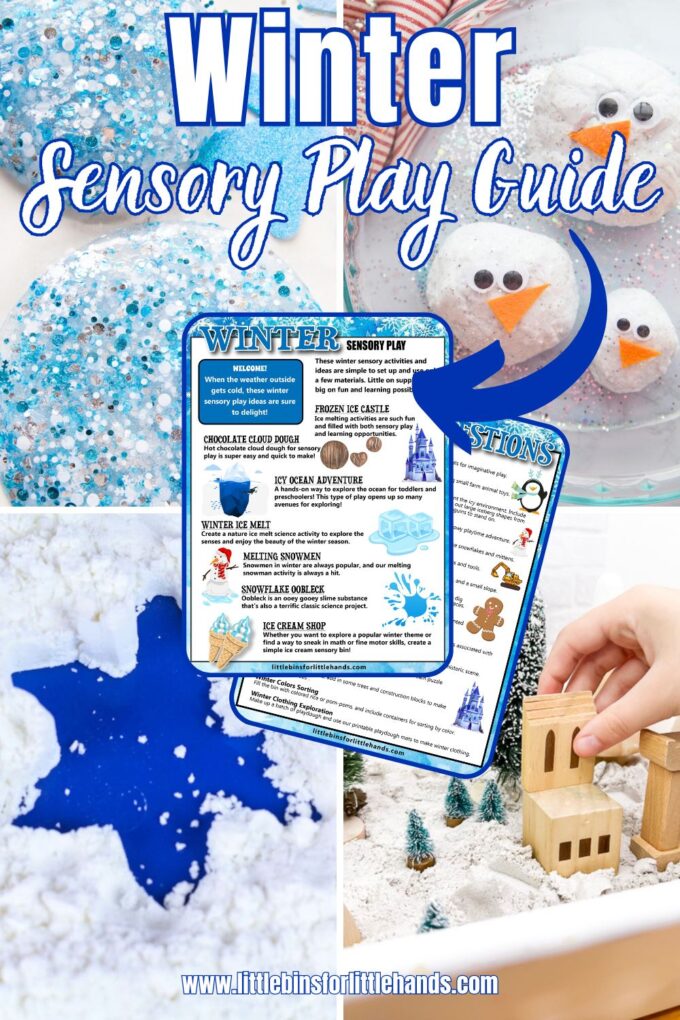Build Relationships With Your Students That Matter
 Developing effective working relationships with adult learners is important for an instructor in any classroom environment. The adult learning process is an active, developmental effort that is dependent upon the student and the instructor being able to work together in a productive manner, for the purpose creating a learning environment that encourages the adult’s performance, engagement, and motivation in the class.
Developing effective working relationships with adult learners is important for an instructor in any classroom environment. The adult learning process is an active, developmental effort that is dependent upon the student and the instructor being able to work together in a productive manner, for the purpose creating a learning environment that encourages the adult’s performance, engagement, and motivation in the class.
A productive working relationship helps the instructor convey expectations and feedback, facilitates effective communication, and allows adults to express their expectations, questions, concerns, and developmental needs. A transformative process occurs when adults believe that they have an active role in the learning process. These positive interactions are also likely to help adults feel connected to the class, which in turn can build a sense of community.
The relationships developed within an online environment carry a greater significance because the instructor and learner never meet. Without a physical presence online instructors must find alternate ways of developing their working relationships with adult learners. This challenge can also exist for an instructor in a traditional classroom, if adults only have an opportunity to interact with their instructor during the scheduled class time.
Instructors have an ability to develop a personal connection with the learners by addressing questions about the assignments, offering feedback about their performance, recognizing the learner’s contributions, challenging learners to do more, discussing resources that are available to meet their developmental needs, and offering strategies for completing their goals.
A strong working relationship with adult learners provides an opportunity for meaningful feedback to occur. Learners are provided feedback from their instructor and the level of feedback can vary from a letter grade to the number of points earned, or the inclusion of developmental comments. Depending upon the level of involvement of the instructor, feedback has a potential to become mechanical in nature and learners are likely to disregard that feedback. When an instructor has established supportive communication the adult learner is more likely to be receptive to the feedback provided.
When adult learners have developed a strong working relationship with their instructor they are more likely to be engaged in the class, express their ideas, be open to receiving new information, consider feedback provided, and evaluate their existing knowledge and experiences. Through these positive relationships, discussions, and interactions with the instructor and others in the class, adult learners are likely to find an environment that is conducive to learning.

